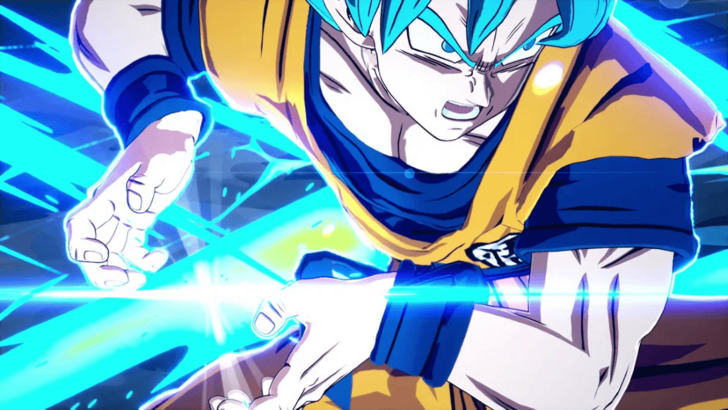Bandai Namco Flags Increased Risks for New IPs Amidst a Crowded Release Calendar
Bandai Namco's European CEO, Arnaud Muller, recently highlighted the significant challenges publishers face in navigating the current video game market. His comments underscore the increased risks associated with launching new intellectual properties (IPs) in a landscape characterized by rising development costs, unpredictable release schedules, and intense competition.

Muller's concerns stem from a confluence of factors. While Bandai Namco enjoyed success in 2024, largely driven by Elden Ring's expansion and upcoming titles like DRAGON BALL: Sparking! ZERO, the long-term outlook presents considerable uncertainty. The escalating costs of game development, coupled with lengthening timelines, increase the potential for budget overruns and delays. This necessitates a more cautious approach to investment, according to Muller.

The unpredictability of release dates further complicates matters. With major titles like Monster Hunter Wilds and Avowed slated for 2025, alongside the potential launch of a new Nintendo Switch, the actual release windows remain uncertain. This uncertainty impacts planning and marketing strategies.

Muller advocates for a balanced risk approach, prioritizing established IPs and focusing on specific genres. The upcoming Little Nightmares 3, for instance, benefits from an existing fanbase, offering a degree of market stability. However, he acknowledges that even established franchises are not immune to shifting player preferences.

New IPs, on the other hand, face a considerably higher risk of commercial failure due to their substantial development costs and the competitive market. Muller emphasizes the importance of considering these risks during the planning phases.

Looking ahead, Muller identifies three key factors for future market growth: a favorable macroeconomic environment, a strong platform install base, and the expansion into new, high-growth markets such as Brazil, South America, and India. He also highlights Bandai Namco's platform-agnostic approach, ensuring readiness for the next generation of consoles.

Despite the challenges, Muller expresses optimism, believing that a successful 2025 release slate could significantly boost market growth. His comments serve as a valuable insight into the strategic considerations facing major publishers in today's dynamic video game industry.















